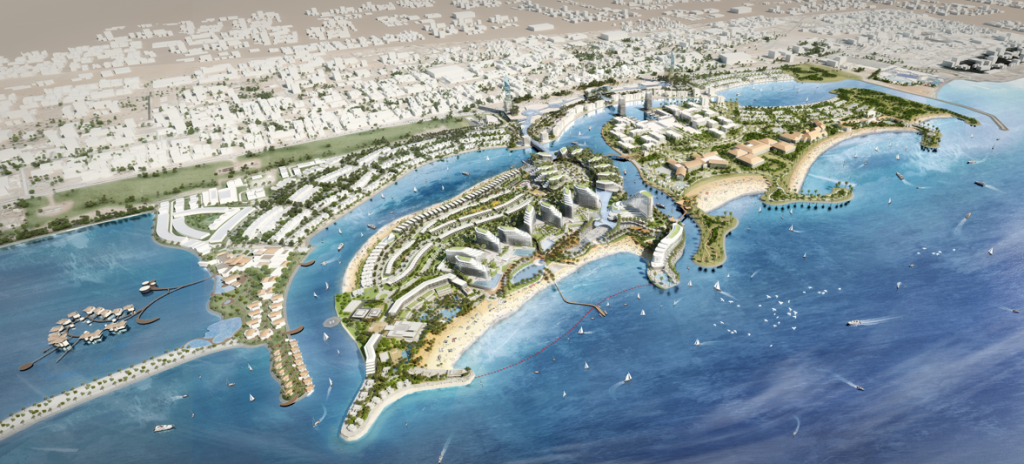
The vision, launched in 2020, is designed to guide RAK towards a prosperous future, focusing on high-quality urban infrastructure, community engagement, and a robust tourism framework. In addition to these long-term goals, RAK has become a hub for luxury real estate, catering to both local buyers and international investors. The growing demand for high-end properties within the region is a direct reflection of RAK’s increased visibility in the global market.
Industry executives note that RAK’s real estate boom is supported by a combination of factors, chief among them being government incentives, favourable policies, and a strategic location that blends natural beauty with modern amenities. The Emirate’s appeal as an investment destination has been reinforced by its tax-free status and robust legal framework, which ensures both transparency and security for foreign investors.
Another aspect of RAK’s appeal is its diversification efforts in the tourism sector, which have been driven by its natural landscapes, cultural offerings, and a growing number of luxury resorts. The region’s pristine beaches, mountains, and desert landscapes provide an attractive alternative to the more congested tourist destinations in the UAE. The focus on eco-tourism and the development of sustainable resorts, alongside cultural events such as the Ras Al Khaimah Fine Arts Festival, are key components of the Emirate’s strategy to promote itself as a year-round tourism destination.
Real estate developers have taken notice of these trends, investing in projects that merge modern living with the Emirate’s natural charm. High-end communities, resorts, and commercial developments have sprouted across RAK, as developers aim to meet the needs of both wealthy expatriates and UAE nationals looking for more space and tranquillity. The rapid development of new residential projects is expected to continue, with more than 10,000 new residential units projected to come online in the next few years.
One of the key drivers behind RAK’s real estate growth is the availability of land at relatively affordable prices compared to Dubai and Abu Dhabi. This affordability, coupled with the area’s improving infrastructure, makes it an attractive destination for investors looking to diversify their portfolios. For many, the Emirate offers an opportunity to own larger properties, especially in the luxury segment, at a fraction of the cost of what it would take in neighbouring emirates.
At the same time, the Emirate’s commitment to sustainability is providing a competitive edge. Developers are increasingly adopting green building practices, with numerous projects incorporating energy-efficient designs and eco-friendly materials. The government’s commitment to promoting renewable energy, including plans to build a solar power plant, further reinforces the shift towards sustainability.
As a result, the tourism sector is also benefitting from these initiatives, with global travellers showing a marked interest in destinations that offer both luxury and environmental consciousness. The ongoing expansion of the tourism infrastructure is well-supported by the government’s vision to develop world-class hospitality services while maintaining the region’s ecological integrity.
Industry leaders also point to the opening of new air routes and the expansion of Ras Al Khaimah International Airport as essential components of the region’s growth. These infrastructure improvements have been pivotal in increasing the number of international visitors, with flights connecting RAK to major cities across Europe, Asia, and the GCC region. This connectivity has been instrumental in boosting RAK’s tourism profile, making it more accessible to global tourists seeking unique, high-end travel experiences.
Topics
UAE
